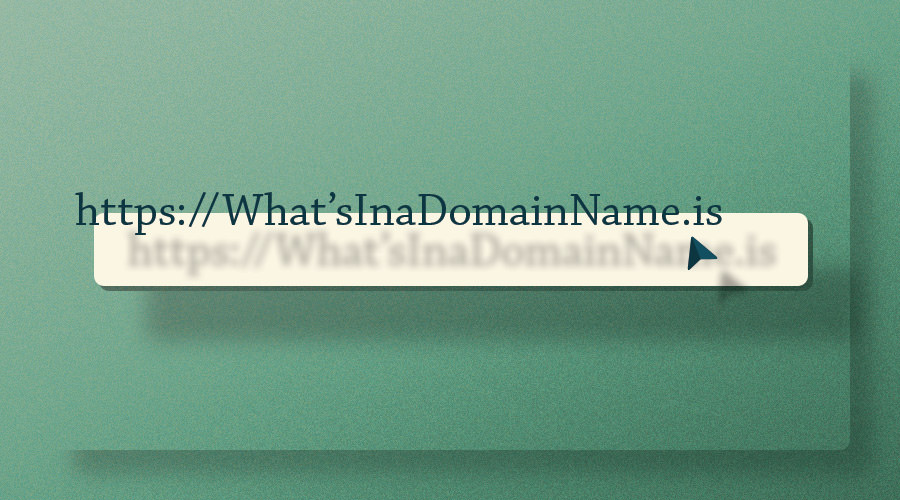What’s in a (Domain) Name?

At the beginning of projects, we often get questions about how to choose a domain name.
Here’s a rundown of things to consider when you’re ready to purchase the URL for your business.
What should it be?
When coming up with a domain name, look for something brandable, unique, and memorable. Taking the guesswork out of your branding is the key to success!
Your brand’s name may not be available. In that case, it’s okay to add something relevant as a prefix or suffix. A good example is Lookout Mountain tourist attraction Rock City. Their URL is seerockcity.com.
A few tips:
- Come up with a domain name that gives people an idea of what the site is about.
- Try to avoid using hyphens, numbers, or other symbols to reduce confusion.
- A domain name that’s easy to pronounce is going to be more memorable.
- A shorter domain is better than a longer one.
Have you ever tried to share a link on social media and the link was shortened or cut off? With a shorter URL, you have a better chance of getting your entire URL to display wherever you’re sharing it.
Where do I buy it?
Most website hosting providers allow you to purchase domains through them or from another third party. Some popular domain registrars people use are Namecheap, GoDaddy, Network Solutions, and even Google.
Everyone is going to have a different opinion on who to buy from, so I won’t get into who’s better. Read the reviews, and look at their different offers and prices. Usually price is what drives people to one domain registrar over another.
How much does it cost?
Depending on the promotion, you can register a domain for as low as $1 for the first year. Typically, after your introductory period, you’ll pay around $10 per year. Some places may offer private registration for an additional fee, while others roll it into their initial price.
The reason you may want private registration is to hide your personal information that displays when someone does a search to find out who registered the domain. If private registration is enabled, you’ll see the name of the company you registered the domain with instead of the information you submitted during registration.
Is it smart to purchase more than one?
Usually sticking to .com is enough. Most people are so familiar with .com, it’s the first thing they’ll type into the browser bar.
There’s no SEO benefit to having more domains, but your users will have more entry points to your site. For example, if they accidentally type the wrong URL but you own it, they will get redirected to you anyway. So, if you want to grab your .org, .net, and .biz domains as well, go for it! But know that it’s not a necessity.
If you’re a large business, owning a few iterations may make sense for security’s sake. If someone’s trying to phish your site users, they could use an iteration of your domain name that you don’t own and pretend to be you.
If your company has a global presence, then it may help to also purchase regional domains such as .ca for Canada or .it for Italy. Research the most common domains in the countries in which you do business to decide which to buy.
Keep in mind that as a small business owner, trying to maintain a large number of domains can become an unnecessary added expense and headache.
Should I buy URLs competitors might want and redirect them to my site?
It’s probably not a good idea to use URLs your competitors might want unless you’re certain you’re not infringing on any trademarks. Going for a URL that’s very close to their trademarks is also not a good idea.
There are laws in place that prevent competitors from buying confusingly similar domain names. If it’s a generic keyword URL you’re after, then you might be okay. But there’s no guarantee that’s really going to be worth it.
In the end, focusing on a good domain name for your company will benefit you more than trying any sneaky tactics.
